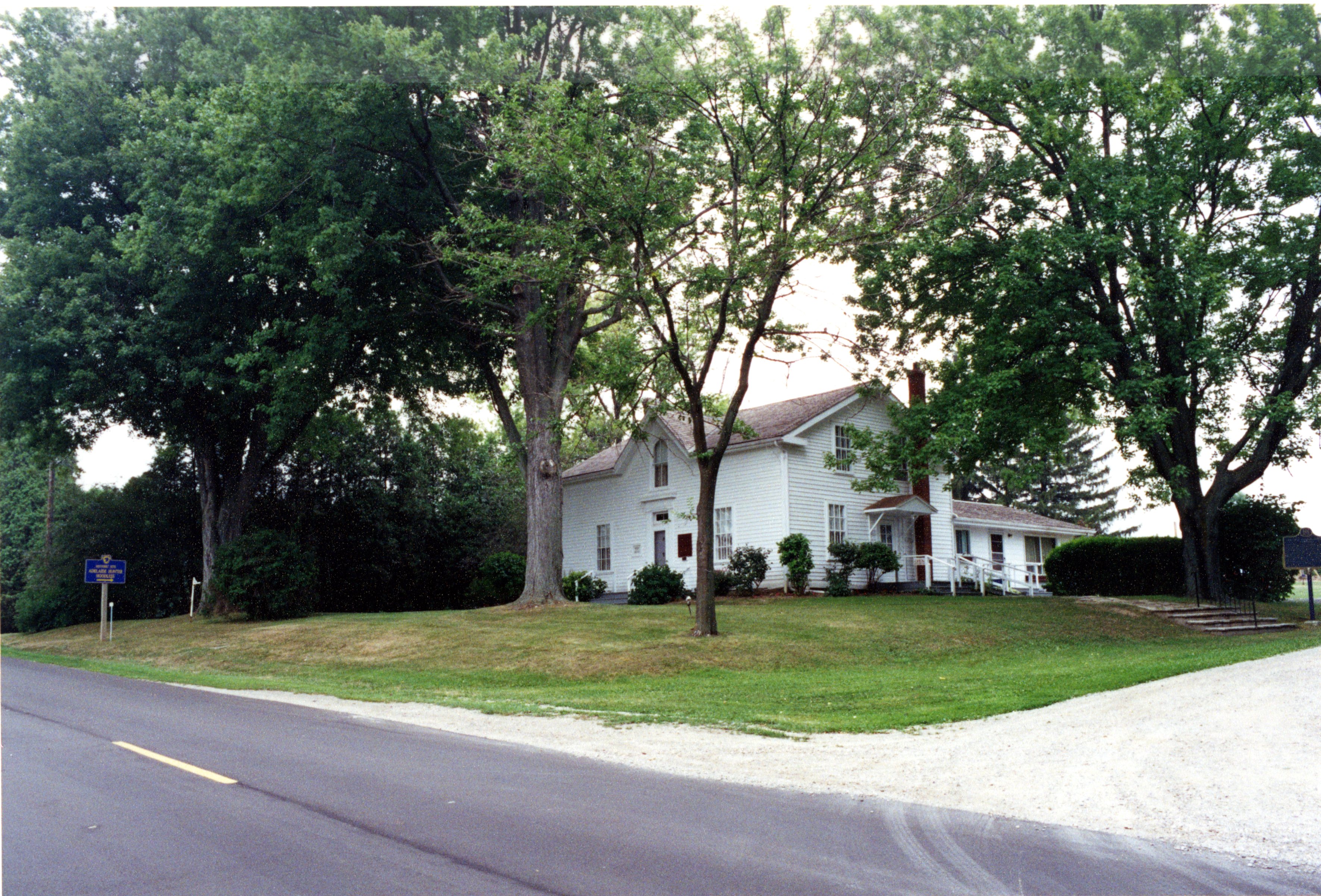Adelaide Hunter Hoodless Homestead National Historic Site of Canada

© Parks Canada
Adelaide Hunter Hoodless Homestead was designated a national historic site in November 1995.
Heritage value: The heritage value of Adelaide Hunter Hoodless Homestead National Historic Site of Canada lies in its direct association with Adelaide Hunter Hoodless, particularly in its role in defining and describing the reason she became a figure of national importance. Its value is expressed by the relatively isolated setting and in its illustration of a typical farm house of mid-to-late nineteenth century Ontario. Adelaide Hunter was born in this house, and lived here until 1881 when she married successful Hamilton furniture manufacturer John Hoodless. Here, as the youngest child in a large farming family raised by a widowed mother, she experienced the hardship and isolation that attracted her to social activism. That experience, together with the loss of her youngest child 1889, inspired her determination and defined the nature of the causes she championed.
Commemorative plaque: 359 Blue Lake Road, St. George, Ontario
Born in Ontario, Adelaide Hoodless sought to release the full potential of women for social action. An outspoken educator and social reformer, she successfully pressed for acceptance of Domestic Economy as a subject for study in Canadian schools, and was largely responsible for founding the Institutes of Household Science at Guelph, Ste. Anne de Bellevue and Toronto. Active in forming the Young Women's Christian Association, the National Council of Women, and the Federated Women's Institute, she also aided in establishing the Victorian Order of Nurses. She died in Toronto.
The National Program of Historical Commemoration relies on the participation of Canadians in the identification of places, events and persons of national historic significance. Any member of the public can nominate a topic for consideration by the Historic Sites and Monuments Board of Canada.
- Date modified :